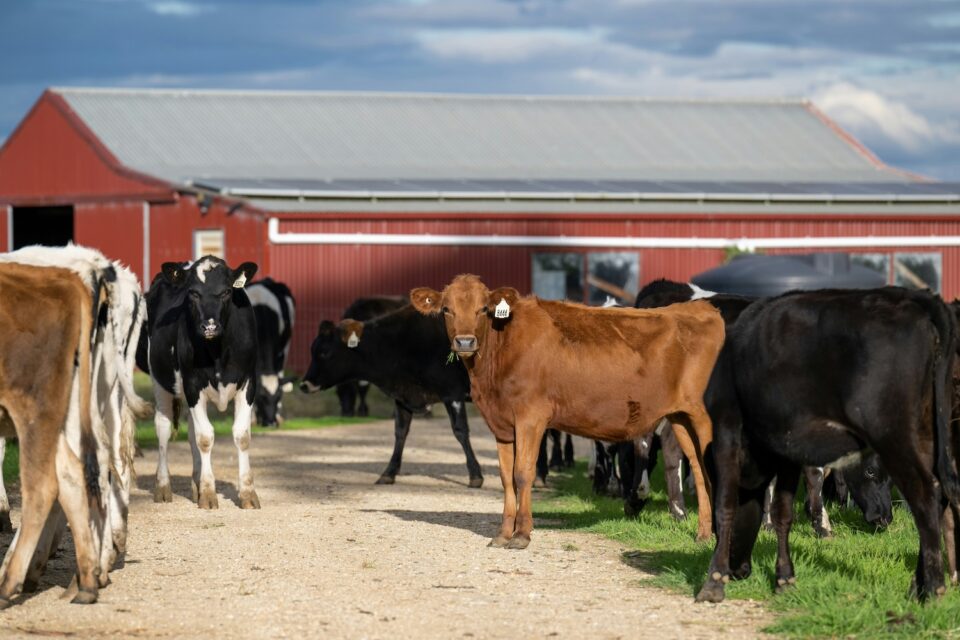Researchers are increasingly turning to artificial intelligence to tackle the challenges of livestock waste management, transforming what was once an environmental problem into a sustainable agricultural resource. A team at China Agricultural University, led by Xiaofei Ge, has applied machine learning to predict the behavior of phosphorus — a critical but potentially polluting nutrient — during the hydrothermal treatment of swine manure. Hydrothermal treatment involves heating wet biomass under pressure to produce two outputs: a nutrient-rich solid called hydrochar and a liquid byproduct. Unlike traditional composting or drying, this method can concentrate valuable nutrients and reduce harmful runoff, but predicting phosphorus recovery has historically been difficult. By using AI models such as XGBoost, Decision Tree, and Random Forest, the researchers were able to forecast phosphorus distribution between the solid and liquid phases under varying conditions of temperature, reaction time, pH, and metal ion concentrations.
Among the models tested, XGBoost proved the most accurate, particularly in predicting inorganic phosphorus levels in the liquid, allowing researchers to optimize treatment conditions without endless trial-and-error experiments. The study revealed that the composition of the manure, particularly its oxygen content, had a greater influence on phosphorus outcomes than temperature alone. Reaction time and pH were also important, with acidic conditions favoring phosphorus dissolution into the liquid and alkaline conditions promoting its retention in hydrochar. The addition of iron and calcium ions further enhanced phosphorus stabilization in the solid phase, making it easier to recycle as fertilizer. These findings suggest that AI can help design smarter waste treatment strategies that maximize nutrient recovery while minimizing environmental harm.
To validate their models, the team conducted field experiments using swine manure from a local pig farm near Beijing. Varying temperature, reaction time, and metal ion concentrations, they compared predicted phosphorus distribution to actual measurements. The results aligned closely with AI predictions, confirming the models’ practical applicability. Advanced chemical analysis, including phosphorus nuclear magnetic resonance and X-ray diffraction, showed that under more intense conditions, phosphorus compounds became more stable and homogenous, and metal ions helped convert organic phosphorus into inorganic forms embedded in hydrochar. As reaction intensity increased, crystalline structures in hydrochar shifted to more amorphous forms, which are easier to recycle and less prone to leaching into the environment.
This integration of AI and hydrothermal treatment demonstrates a powerful approach to sustainable livestock waste management. Operators of farms and waste treatment facilities can now use machine learning to predict how adjustments in temperature, pH, reaction time, or metal ion concentrations will affect phosphorus recovery, allowing them to optimize processes for fertilizer production or to prevent nutrient runoff. While the models are highly effective, researchers note that local manure composition must be considered, and future studies will expand predictions to different waste types and conditions to improve accuracy further.
Overall, this research represents a significant step toward a circular agriculture model, where livestock waste is no longer a pollutant but a renewable source of nutrients. By combining AI and advanced treatment methods, farms can improve sustainability, recover valuable phosphorus, and reduce environmental impact, ultimately contributing to healthier soils, stronger crops, and more resilient agricultural systems.



